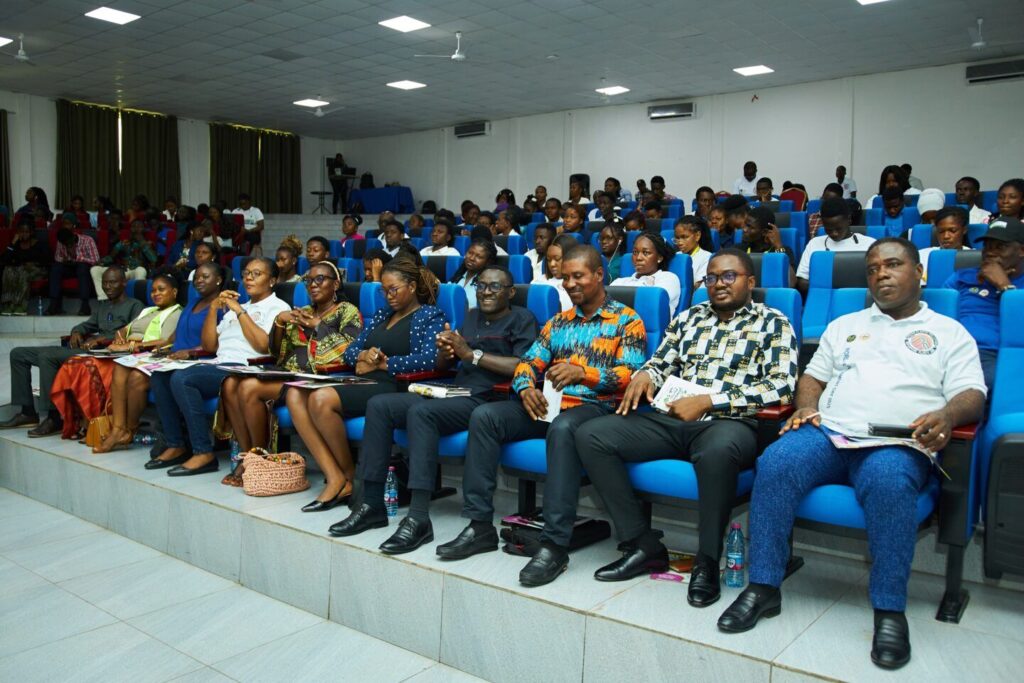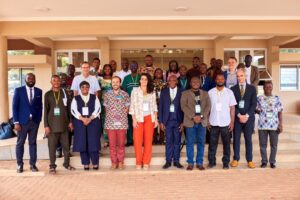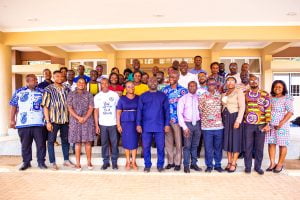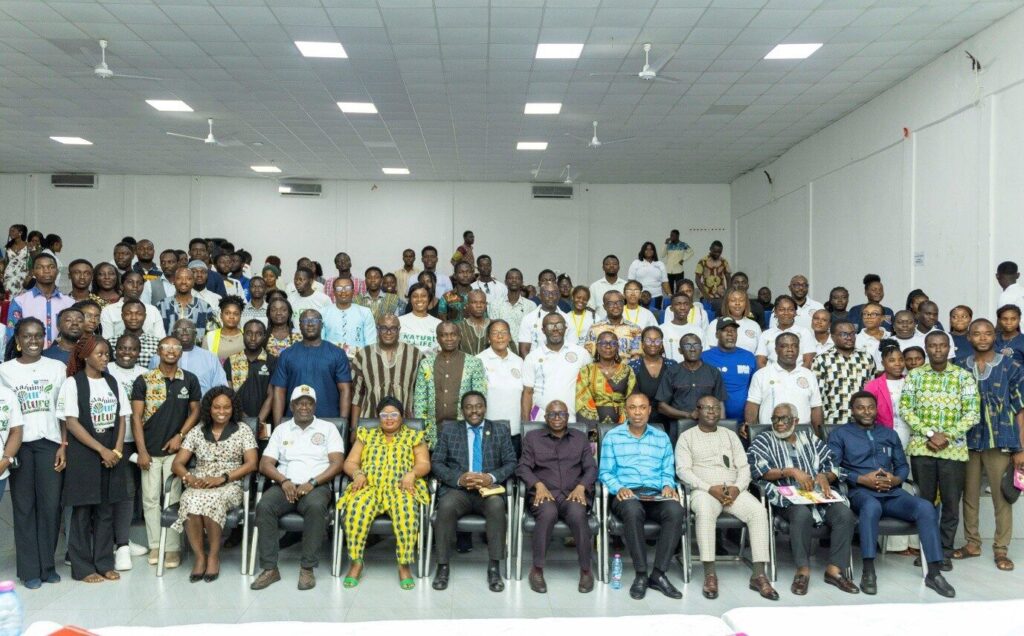
The Department of Environmental Management at the University of Energy and Natural Resources (UENR) commemorated World Environment Day 2025 with a stakeholder engagement event under the national theme “Repurpose Plastic Use.” The event, held at Sheila’s Executive Hotel, brought together key stakeholders from academia, industry, and government to deliberate on innovative and sustainable strategies to address plastic pollution in Ghana.
Delivering his remarks, Vice-Chancellor Professor Elvis Asare-Bediako commended the Department for organizing the event at a time when the nation continues to grapple with plastic waste management challenges. He acknowledged the economic importance of plastics, stating that while their total elimination is unrealistic, it is critical to rethink the types of plastics used and improve waste management systems.
Professor Asare-Bediako also disclosed that starting August 2025, UENR will introduce a waste segregation system on campus as part of efforts to strengthen the circular economy. He reaffirmed the university’s readiness to partner with the Municipal Assembly, Environmental Protection Agency (EPA), and other organizations to broaden environmental advocacy beyond the campus.
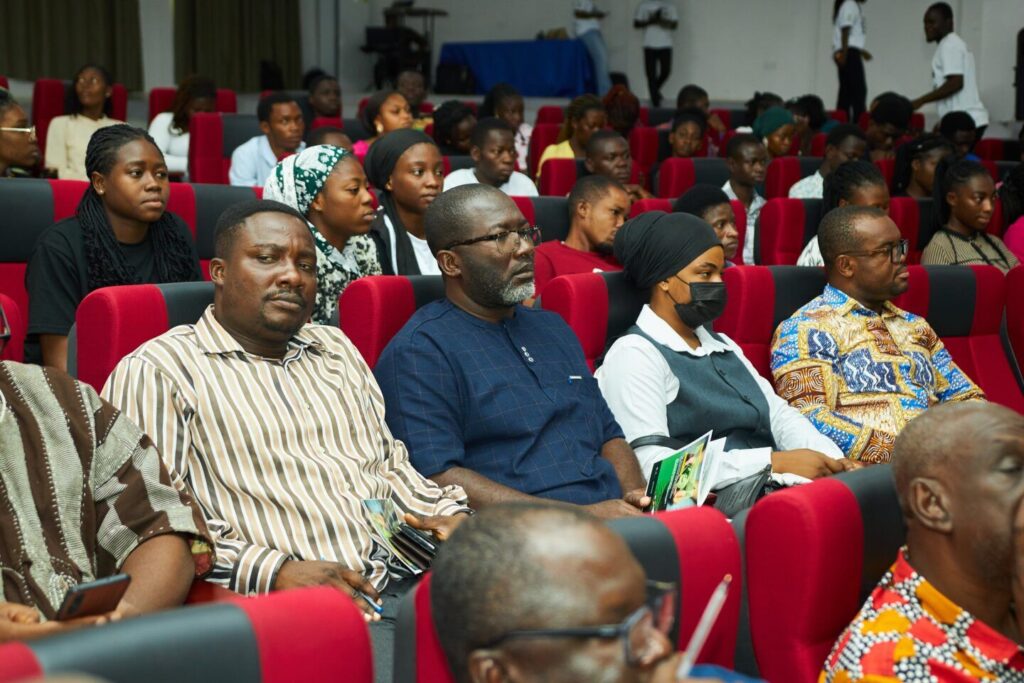
Delivering the keynote address, Prof. Nana Ama Browne Klutse, Chief Executive Officer of the Environmental Protection Authority (EPA), reiterated Ghana’s commitment to the theme “Repurposing Plastic Use in Ghana.” She highlighted the urgent need to transform the plastic waste crisis into an opportunity through innovation, education, and collective resolve.
Prof. Klutse noted that plastics play a vital role across industries including food and beverage, pharmaceuticals, aviation, and agriculture. However, their durability makes them difficult to manage. Ghana, she said, produces over 1 million tons of municipal plastic waste annually, with only 58% properly collected. The remaining 42% is often burned, buried, or dumped indiscriminately, posing severe risks to marine life, biodiversity, and human health.
She emphasized that plastics must be seen as a valuable resource, not just waste. Institutions and businesses, she urged, should adopt the principles of reduce, reuse, recycle, and refuse. The EPA, she added, is committed to transitioning Ghana from single-use plastics to a system of “single life cycle plastics” through Policy-driven transformation, Innovation through circularity and Nationwide mobilization and public education.

The Head, Department of Environmental Management, Ing. Dr. Mary Antwi, highlighted the environmental and socio-economic impacts of plastic waste. She reiterated the department’s strong commitment to environmental sustainability through academic innovation, research, and community engagement.
She announced the development of several new academic programs designed to address environmental and waste management challenges, including BSc Environmental Resources Management and Sustainability, BSc Land Reclamation, Restoration, and Management, BSc, MPhil, PhD in Waste Management and Process Technology, and BSc, MPhil, PhD in Waste Management and Environmental Sanitation.
Ing. Dr. Antwi called for collective action and conscious decision-making to reduce plastic footprints and protect the environment for future generations.
